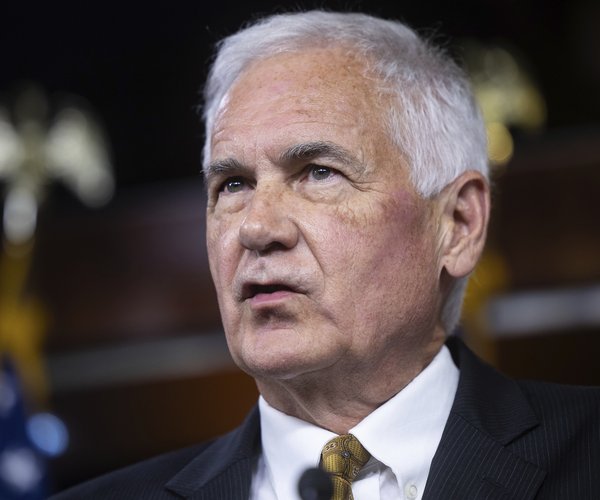Come October literally hundreds if not thousands of tons of “food” will be plowed under throughout the Central Valley.
It’s nothing new. It’s produce that has been damaged in the field or else failed to mature. At the same time growers who have generated more yield of food from their land than they can sell wholesale will send excess produce to food banks.
No one criticizes farmers for plowing under “food” nor do they praise them for giving away their livelihood to help feed the needy. They also don’t recognize farmers as true environmentalists who are careful to protect the land, conserve water, and keep the use of water and chemicals at a minimum. The land, after all, is how they make their living. Water and chemicals cost money.
Farming is a dusty and dirty business that requires mass production. It isn’t the idyllic imagery one has of a communal farm in New England.
Those communal farms don’t feed the world. Large farms employing modern agricultural practices do. Crops have been genetically altered using cross-breeding for decades to improve production, taste, resistance to insects and diseases, as well as to speed the production cycle. Incidents such as e. coil and such have been greatly reduced through the use of fertilizers enhanced with chemicals that avoid the use of manure to provide nutrients for crops.
Post harvest practices allow us to have a plentiful year round food supply. It is why you have apples in June and oranges in September.
Modern farm practices made the Industrial Revolution possible that provided us with luxuries we now take for granted such as cars, the Internet, Smartphones, and TV.
That’s because only 2 to 3 percent of our population based on a 2008 farm census is needed to raise food to feed this nation and much of the rest of the world. Compare that to 70 to 80 percent back in the 1870s.
There would have been no Mark Zuckerbergs if it wasn’t for men like Benjamin Holt whose vision revolutionized farming with the invention of his Caterpillar equipment that made large-scale farming possible.
If Zuckerberg really wants to change the lives of much of those on the planet for the better he can help accelerate the spread of modern-day farming practices instead of the Internet.
It’s tough to see the value of Facebook when you’re starving, don’t have clean water, and your natural sanitation system spreads disease and filth.
Zuckerberg is not alone. Most of us have become so far removed from farming we have no inkling of what it takes to grow food so much of the world doesn’t go without. We moan and groan about farming practices and food prices yet we don’t think twice about the fact we are only spending 9.5 percent of our income on food today compared to 24.2 percent in 1930 based on Department of Agricultural statistics.
We take turning on a faucet and getting clean, drinkable water for granted. As for sanitation, most of would turn up our nose at using a portable toilet but in much of the word that would be considered a luxury if not a life saver in terms of reducing the spread of disease.
The two dozen or so irate folks who threatened to picket the Pumpkin Maze in Lathrop during October over the proposed Dell’Osso Farms Food Stomp fun run are a prime example of the disconnect and overreaction people have with food sources.
The run through rejected and damaged produce plus a tomato fight afterwards was slammed as wasting food by those threatening to organize a protest. But what would have been used were remnants of crops that can’t be sold or even gleaned for feeding the needy.
So 1,000 people who wanted to have some good dirty but wholesome fun won’t be able to do so as the farm couple cancelled the stomp to avoid generating bad press for the Pumpkin Maze in October.
The threatened protest was nonsensical. It was just as off-base as someone threatening to picket Halloween venues because the pumpkins used could have fed the needy.
A farmer who is already taking money out of his pocket to give food to the needy is slammed seven ways until Sunday. Such generosity cuts into potential earnings as it means the poor benefitting won’t have to spend limited income to acquire what they are given free in the form of excess harvests distributed through food banks.
And the Mark Zuckerbergs of the world who propose not helping feed the needy but to equip them with Internet that ultimately would benefit his bottom line are hailed as humanitarians.
This column is the opinion of Dennis Wyatt and does not necessarily represent the opinion of The Journal or Morris Newspaper Corp. of CA. He can be contacted at dwyatt@mantecabulletin.com or 209-249-3519.






